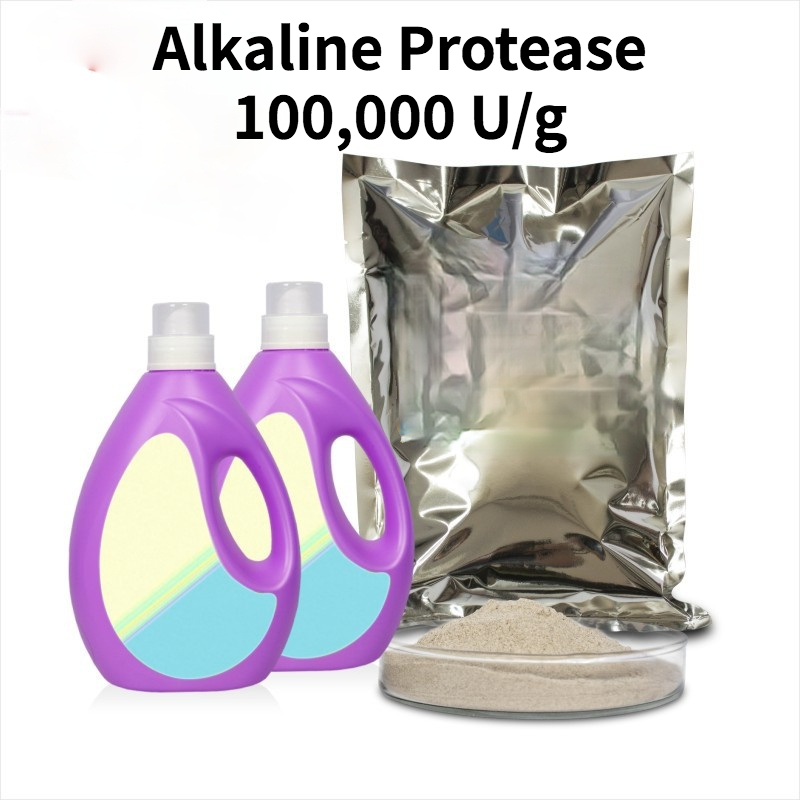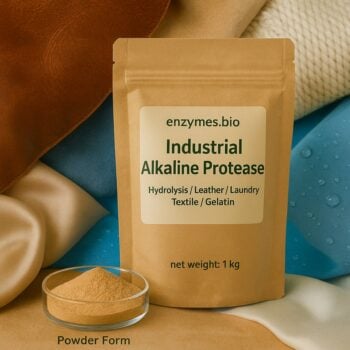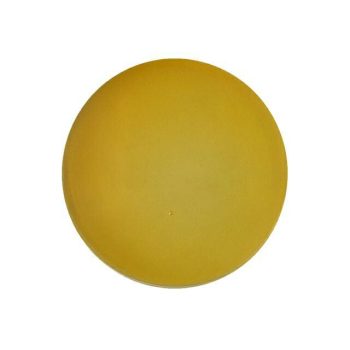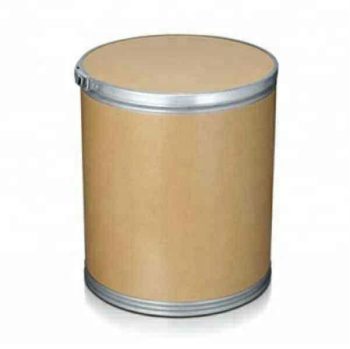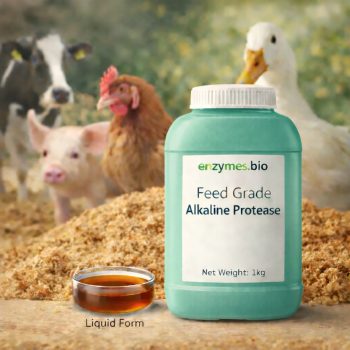Product Description
Alkaline Protease, also known as Bacillus licheniformis protease, is a kind of endo protease, which is produced by deep fermentation of Bacillus licheniformis 2709 and refined by microfiltration, ultrafiltration, and vacuum freeze-drying. It consists of 275 and 274 amino acid residues, forming a polypeptide chain with a molecular weight of 27300 Da.
Mechanism
The active center of alkaline protease contains serine, so it is called serine protease. It can hydrolyze not only peptide bonds but also amide bonds, ester bonds, trans esters, and trans peptides. It can hydrolyze protein to polypeptide or amino acid and is widely used in detergent, food, medical, brewing, silk, leather, and other industries.
Characteristics
The product is easily soluble in water, and the water solution is a clear light brown liquid.
Introduction
Product Name: Alkaline Protease
Main Components: Alkaline Protease, Glucose
Product Specification: 100000-1.5 million U/g (customizable)
Product Characteristics: Light brown powder
Storage Method: Room temperature drying, dark storage
Shelf Life: 12 months
Application
- Food Industry: Alkaline protease is a kind of non-toxic and non-side effect protein, which belongs to serine type endoprotease. It can hydrolyze protein macromolecular peptide chains to produce small molecular polypeptides or amino acids in the food industry and form protein hydrolysates with a unique flavor.
- Washing Industry: Alkaline protease has been successfully used in the detergent enzyme industry. It can be added to ordinary washing powder, concentrated washing powder, and liquid detergent. It can be used for household laundry and industrial laundry. It can effectively remove blood stains, eggs, dairy products, meat juice, vegetable juice, and other stains. In addition, it can also be used as a medical reagent for enzyme cleaning biochemical instruments.
- Biological Research: In the field of biotechnology, basic protein can be used as a tool enzyme to remove proteins (including nucleases) in the process of nucleic acid purification, without degradation of DNA, thus avoiding the destruction of DNA integrity.
